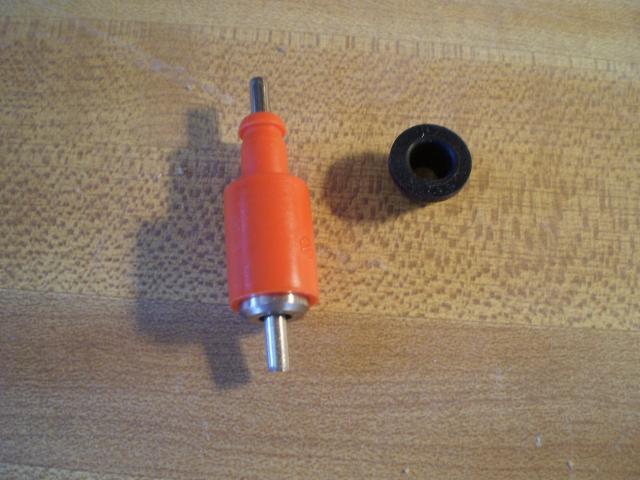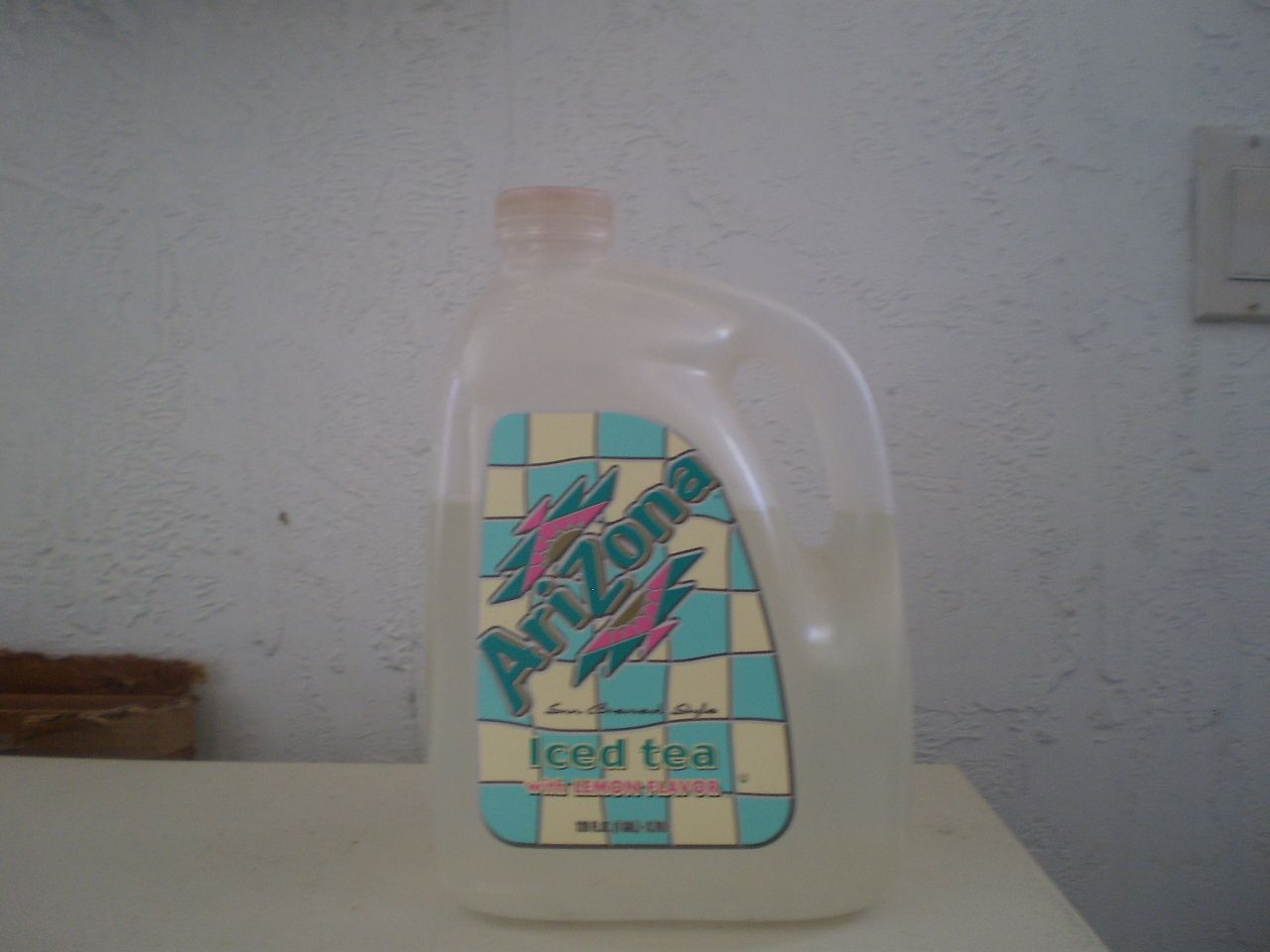Quote:
Gosh this would have been a lot cheaper than what we have. We have cameras on the indoor and outdoor run. I check in several times a day (as well as about 100 other people since it is also on my website). I'm not sure why we did this. I had a chicken website and thought it would be fun to put the camera on it. Now I have to watch out that I am properly dressed when I go out in the morning and open up the henhouse. Oh, well!

cambriagardener,
I am with you. I have seen so many very sophisticated monitoring systems here on the BYC. I never knew there was so much to shop from for surveillance really until reading some of the predictor threads after my flock was slaughtered by coons. The following nights I waited around with my .22 cal pistol for revenge for my precious (to me) girls, but to no avail they never came back or they did and slipped by my sleeping on watch (go straight to the brig for it) awareness. I researched day after day for an inexpensive way to protect my 1 baby girl, Blondie that survived the attack and was left before replacing them from that awful discovery first thing in the morning. Everything was so expensive and being on an extremely tight budget bc of the economy and not working while raising grand kids. Now just after reading this thread post I went to a local mercantile and bought a very cheap $9.99 baby monitor

Gosh this would have been a lot cheaper than what we have. We have cameras on the indoor and outdoor run. I check in several times a day (as well as about 100 other people since it is also on my website). I'm not sure why we did this. I had a chicken website and thought it would be fun to put the camera on it. Now I have to watch out that I am properly dressed when I go out in the morning and open up the henhouse. Oh, well!

cambriagardener,
I am with you. I have seen so many very sophisticated monitoring systems here on the BYC. I never knew there was so much to shop from for surveillance really until reading some of the predictor threads after my flock was slaughtered by coons. The following nights I waited around with my .22 cal pistol for revenge for my precious (to me) girls, but to no avail they never came back or they did and slipped by my sleeping on watch (go straight to the brig for it) awareness. I researched day after day for an inexpensive way to protect my 1 baby girl, Blondie that survived the attack and was left before replacing them from that awful discovery first thing in the morning. Everything was so expensive and being on an extremely tight budget bc of the economy and not working while raising grand kids. Now just after reading this thread post I went to a local mercantile and bought a very cheap $9.99 baby monitor






